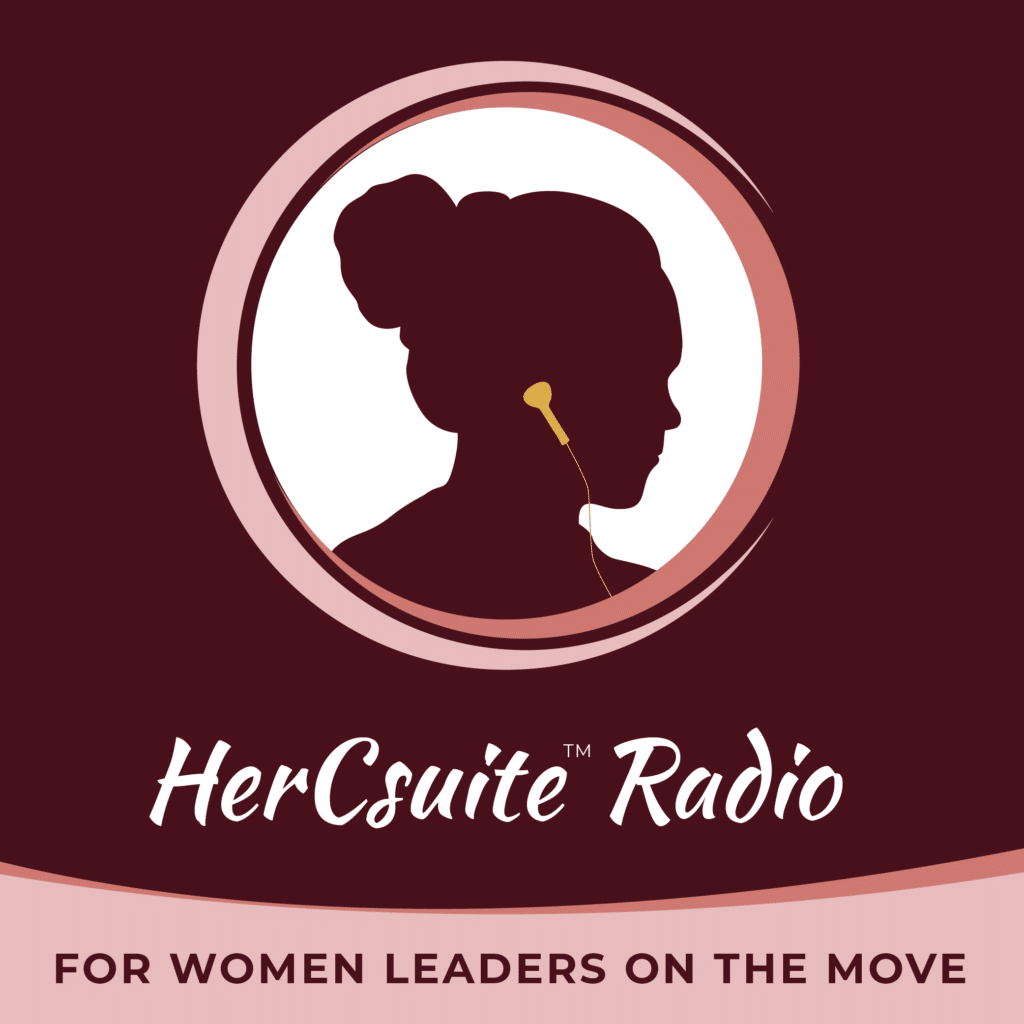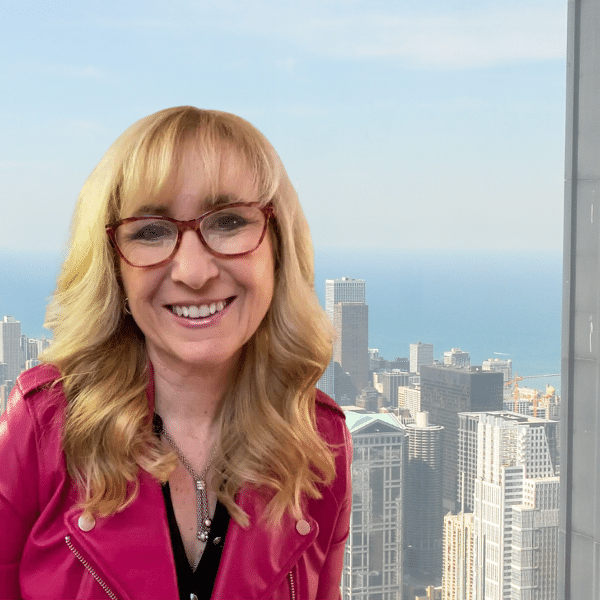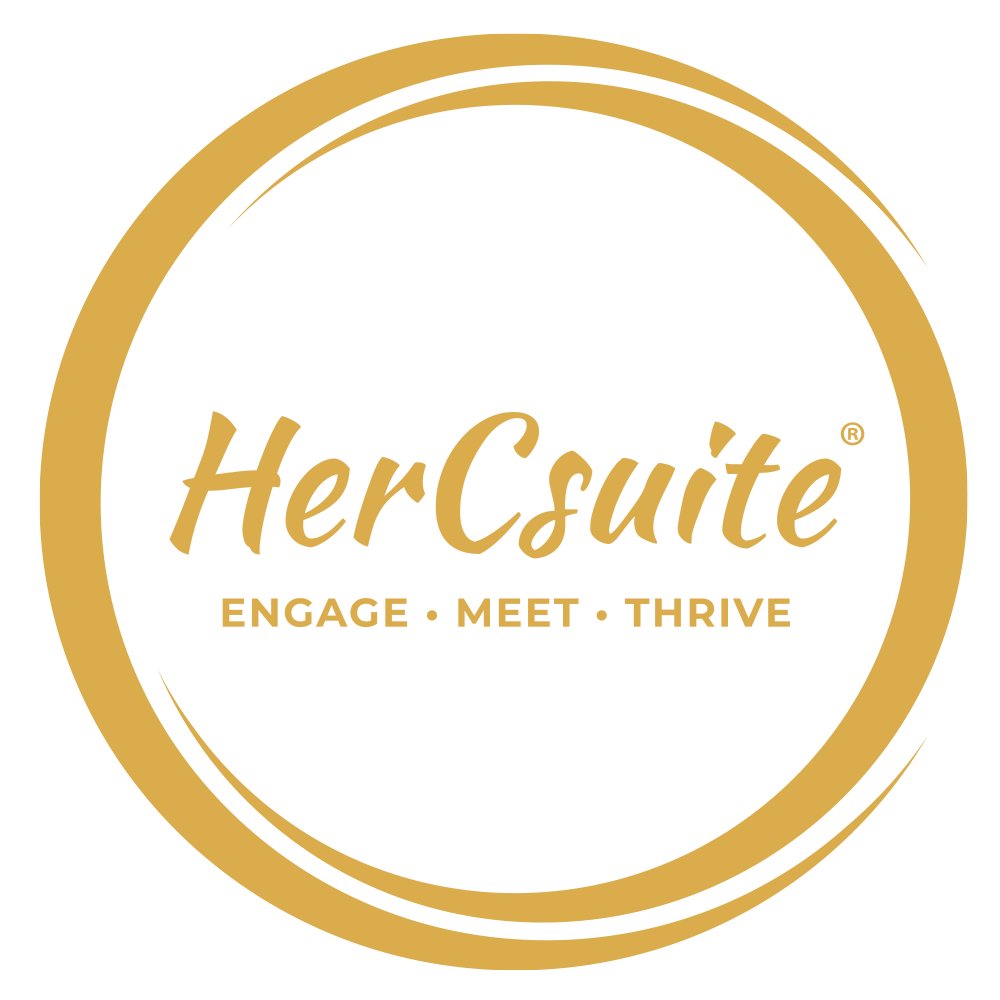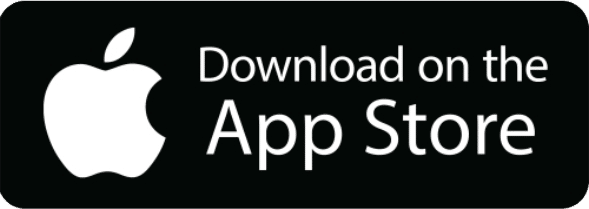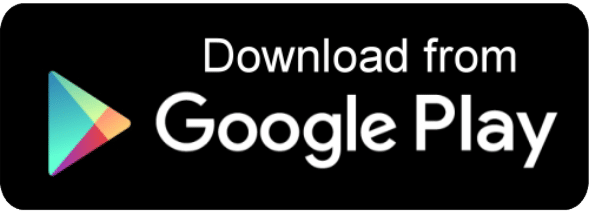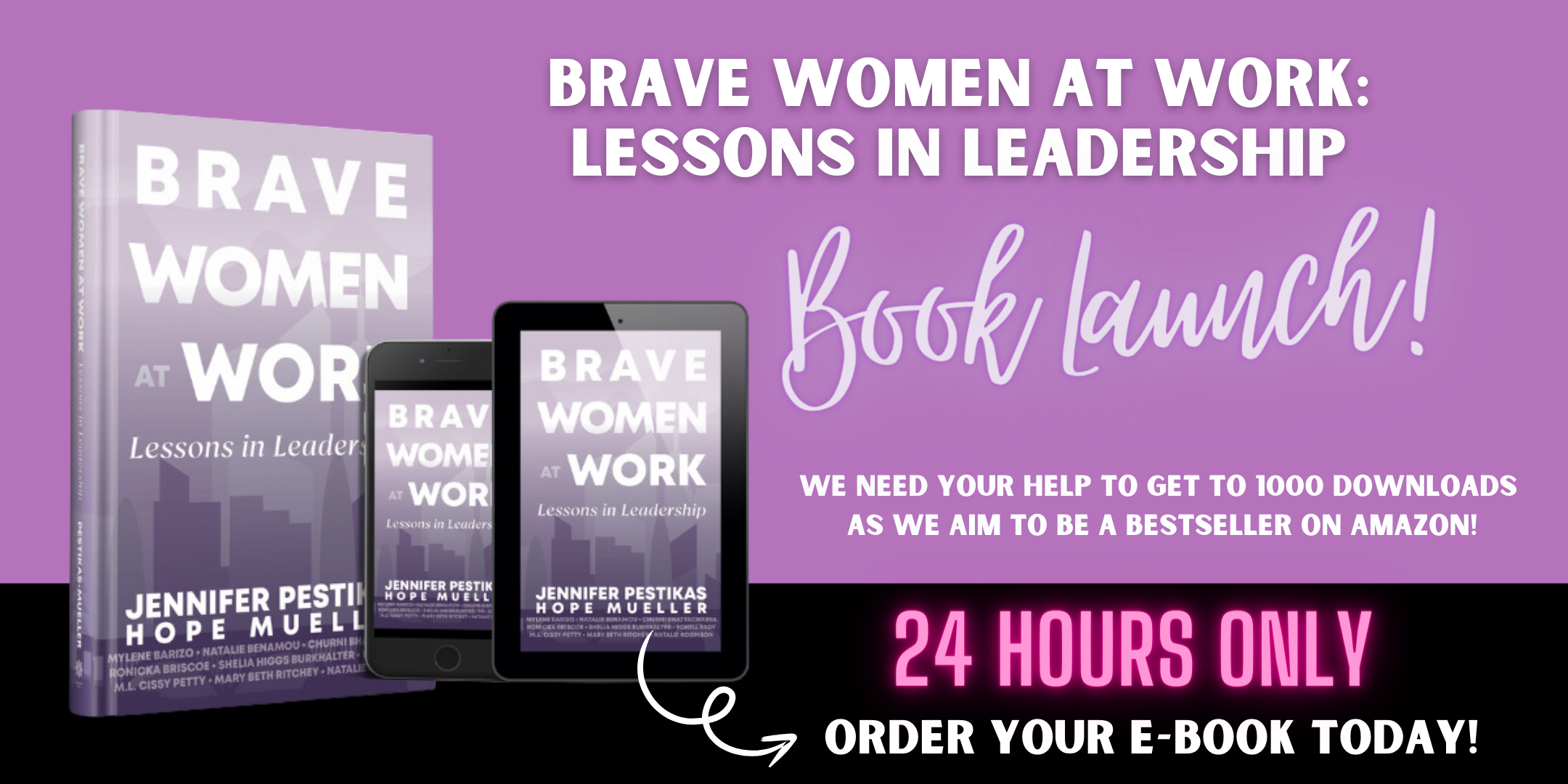Neurodiversity Is A Super Power With Katherine McCord, President, Titan Management
When you hear the word neurodiversity, you may be very familiar, if colleague, family member or friend is neurodiverse, or you may be intrigued to learn more. The first step is to understand the three types of neurodiversity and how having employees who are neurodivergent not only increases financial benefits to the organization, but also creates a culture of inclusivity. Katherine McCord, the President at Titan Management, shares her experience being neurodiverse and how she built her career on inclusive innovation in People Operations and HR Tech.
In this conversation with host Natalie Benamou, Katherine explains what neurodiversity means and how neurodiverse people can contribute to highly successful workplaces. It all starts with how we can use curiosity and effective communication to create more inclusive spaces.
Four Ways Neurodiversity Can Help Your Organization:
- The data from Hewlett Packard shows how productivity increases 30% with neurodiverse teams.
- Customer Satisfaction increases when your workforce reflects the population as a whole.
- When you let people work in their natural environment, the entire organization will benefit.
- The human brain needs to be comfortable, which results in increased engagement and higher retention.
When thinking about her journey with neurodiversity, Katherine McCord shares:
“I'm successful with my diversities, not in spite of them.”
Move the needle forward and encourage people on your team to embrace this idea:
“Different is not a deficit.” -Katherine McCord
This interview was recorded during Neurodiversity Celebration Week and we encourage all employers and leaders to ReThink the idea of neurodiverse employees. This episode highlights that we are all unique and when allowed to work in our lane, we can deliver on expectations and increase innovation, efficiency and attain greater employee satisfaction.
Thank you Katherine for sharing your personal journey on HerCsuite™ Radio today and for making a positive impact for all who know you!
Resources:
Visit HerCsuite™
This podcast is sponsored by HerCsuite™ Leadership Development Programs. Find out how you can gain a competitive advantage by scheduling a call and find the program that is the best fit for you.
HerCsuite™ Founder and Podcast Host Natalie Benamou when she isn't speaking and hosting the podcast can be found on HerCsuite™, LinkedIn, and HerPower2 LinkedIn.
Thank you to Katherine for being on the show, and to you, our listeners, for shining your light in the world! We would be honored if you subscribed and shared this episode with a friend or colleague today.
—
Show Transcript:
Katherine, I'm so excited to welcome you to the show. Thanks for being on the show.
Thank you very much. I am stoked to be here with you.
I can't wait for our audience to learn more about the amazing work you are doing and also about this idea of neurodiversity. We are going to talk about that. Before we get to it, I'd love for you to share a little bit about yourself, the arc of your career, and what brought us to this moment.
I am neuro and physically diverse, among a few other diversities. Some I was born with and grew into. As I got older, they were naturally occurring, part of my biology. Other things came up along the way. With the physical diversity, it is interesting. I had that perspective. I grew up in a household with a mother who ran HR and grew into an HR director at a large hospital system. I grew up playing interviews in HR. I make my mother interview me. I even fired her one time.
I grew into this role of HR. I had a lot of different positions before I officially got into it. I worked as a recruiter first in an agency. I love the work but I hated how it was done. I started my firm after that. I have done some HR-type work before. I have grown into a people operations consultant full-blown. Everything is on the people side of HR, not compliance, not payroll and not many benefits but much on the people.
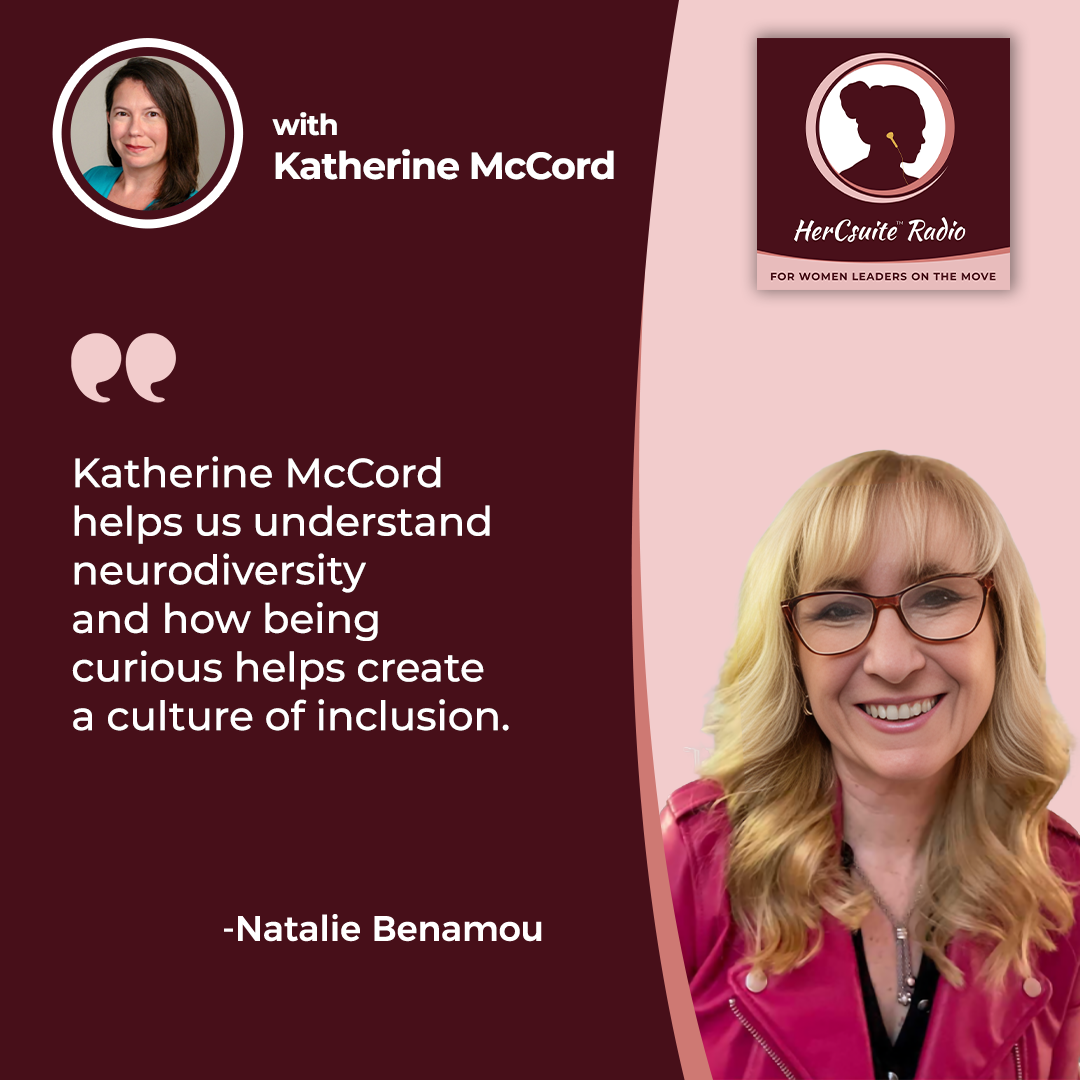
I do a lot of work specifically around inclusion. My specialty inside of inclusion is neurodiversity. I have come to enjoy this work. I speak, teach, and do a lot of classes for companies and different organizations about this type of stuff. I’m interactive. I do a lot of speaking on the subject. It is a major passion point. It is cool because the things I did as a child launched me into this career I have that I love.
Can you talk a little bit about neurodiversity? What is it, first of all?
It confuses a lot of people. The term was originally used to describe how everybody's mind is different but that is not the use anymore. I like to be clear about that. The terminology is used to define anyone who has a medically visible and/or diagnosable difference in how they process information. Some diagnoses that go with that would be ADHD, autism, dyspraxia, dyslexia, certain forms of epilepsy, and traumatic brain injury. One that surprises people is gender dysphoria because that is something visible in the brain and a lot of people don't know that. Medical gender dysphoria is fascinating. It is a different way people think. The whole movement with neurodiversity is centered around the idea that different is not a deficit.
Different is not a deficit. Share on XI noticed that one of the things you have is one of your mantras. Let's talk about terminology.
That gets people a lot. You will hear neurodiverse and neurodivergent. They are synonymous at this point. Some people are neurodivergent because that was one of the terms. The original concept was that diverse had one meaning. Now, it has evolved. People use the term diverse for everything. It would be racially versus physically diverse. The language is evolving but they are synonymous.
Another word that a lot of people misuse and overuse is disability. There are plenty of people in the neurodiverse community who are disabled. There are plenty who are not. There are also many different forms and levels of disability. There is the legal disability, which is when under the law of your country state that you are disabled.
There is medical, which is where medical personnel would consider you disabled and there is social. It is when society has gone, “You are less than. You are this or that. Here you go. This is where you are now.” It is caused by individuals who are making assumptions about you. It is very important to use all of that language properly to understand the terminology and understand that disability is not a bad word either. Disability does not mean you are incapable or useless. It means you have one function of yourself struggling a little bit. That is all it means.
There was Judith Heumann. What a loss that she passed away but there’s the legacy she created. It made me think of my daughter, who fits some of the things you are describing. She went to school at Barnard and was part of Columbia University. She had a friend who was in a wheelchair and could not access her classes. They did nothing to make it. The buildings are older. It is from the 1750s but let's make it so people can get to class.
A common misconception is that buildings can be grandfathered in. No, that is not a thing.
They were also weak on Title IX. I can say that with confidence. They did not help anyone with that.
Why wouldn't you help the person?
There were times when the student could not get to class because of the weather. It was heartbreaking. My daughter was vigilant. She went to her cause and did things to help her but there is a lot we need to do along the way. Can you talk about your journey? You were saying you have evolved in the experiences that helped you become passionate about this but you are early on with your mom and firing her. Can you talk about your experience with it to why it is important for you?
I like to be clear. I did not start this work because of me. I understood it because of me. I did not get into it because of me. I got into it because of things I saw other people going through. I'm more defensive of other humans than I am of myself. I defend myself, don't get me wrong but I am more defensive of other people.
They won't officially diagnose you at this age but I was diagnosed with bipolar. At the time, it was called manic depression when I was twelve. That started my neurodiverse journey. Shortly after that, obsessive-compulsive disorder. For those who don't know, that manifests in many different ways. I have several friends who also are diagnosed. They have different manifestations. I eat everything and do everything in even numbers. I categorize my M&M’s into colors before I eat them. It also helps me be very organized.
It is cool because it is part of why I'm successful and how I can stay organized with so many different things that I juggle. I appreciate it. The same thing with my bipolar. I started learning early on that there are aspects of it that were strengths. For instance, I work like a superhuman. That is because of some of the neuro differences caused by that. It is fascinating how those things helped me grow. When I say that different is not a deficit, I do mean in it. It doesn't mean that it is not always difficult. Sometimes it is difficult. There are days that it stinks. Overall, I tell people, “I'm successful with my diversities, not in spite of them.”
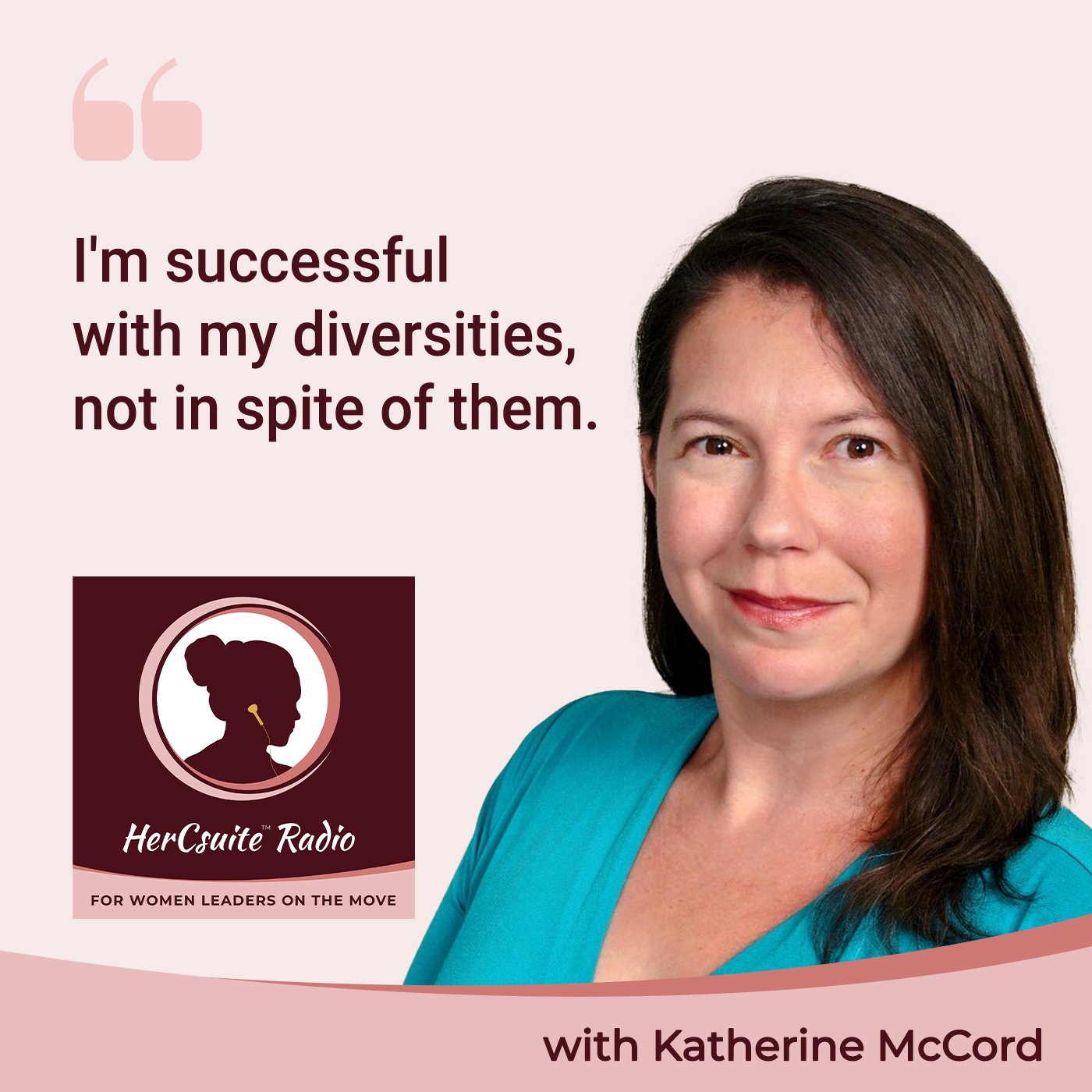


This is a trip. It cracks me up. I was working at a company. It is my last W-2 job. I did not work with them for long because I put in an accommodation request for something basic. It was camera-off meetings only on days when I had seizure activity. Think about how simple this is. Two days later, I received from the exact people in HR leadership that responded to my accommodation request. I received a write-up for that issue and one other small accommodation I had thrown in.
That leads me to be in HR for an X number of years does not mean you know what you are doing because that “HR expert” should have known better than that. I have had people assume I can't do things. When people find out I have bipolar, there are those people that say, “That is why you were upset about this.” I’m like, “No, I was angry at you because you deserved it.” It is not even what bipolar is like. That is an anger management issue.
You are not in the ballpark on that one.
Not even remotely closed. I was like, “You sound dumb. Please stop.” I get a lot of funny assumptions. Later in life, I had days that are mini strokes. I have had those since I was seventeen. As an adult, a few years ago, they developed into seizures. It is all neuro-pathway confusion in my brain. I do have ticks now and I have medication for this that I take for anyone who asks. I get asked about that sometimes but I still have little ticks.
One of the funny things that happen is I will be giving a speech or doing something. I will start winking. I had to start telling people, “I'm not trying to pick you up for a date. It is some seizure activity. I'm okay. I'm perfectly saved. Do not worry. This is what is happening.” It is one of those things you have to adjust. I had a very important speech I was supposed to give at Web Summit. I was honored to have the product I created and my technology.
I created an anti-bias applicant tracking system designed by the neurodiverse for neurodiverse by diverse people in general for diverse people. I was supposed to give a speech in front of hundreds of people. I had a major seizure that morning. I couldn't remember my speech. I messaged them. I said, “This is what happened. I'm going to need to use notes.” She goes, “Are you sure you can still do it?” I said, “Yes, I'm coming. I'm not missing this. I flew halfway around the world for this. I'm going to do this.”
I did everything I could to get myself ready. I went into the event. We had such a great team that year. They were so gracious with me and understanding. I had great support sitting around me. I got up to give my speech and opened it by saying, “You are going to notice I'm the only one up here using notes. Here is why. I'm here to talk to you about diversity.” I dove into it. I said, “This is my diversity.”
People gravitated to it, came and found me at the convention, and talked to me. I learned early on that when you own who you are, even when it is something difficult or makes your life a little bit more difficult, people gravitate to you and resonate with it. That is when I learned to quit hiding it. Before that, I would hide stuff when I went on stage as much as possible. I started letting it rip off.
When you own who you are, even when it is something difficult or makes your life a little bit more difficult, people gravitate to you and resonate with it. Share on XPeople can relate. I had a massive brain injury in 2008. I did everything I could to hide it. I tried to overcome it. Everything I could think of, I didn't want anyone to know. I had a huge memory problem, like short-term, long term and couldn't remember half my kids' lives at one point. It was bad. It took three years of a lot of concentration.
I had to teach myself little tricks of things I could do to overcome problems and challenges. I used to have a photographic memory. I stopped having a photographic memory. I couldn't remember people's names. Confusion was the biggest problem because I would show up to meetings and I wanted to know what was happening. I had to go on medical leave for a little bit because they were like, “You can't function here.”
Back then, in 2008, it was not very well accepted to show up with this issue, even the owner of my company. I generated 70% of the business. She wanted me to get back to it. She was like, “When are you going to be done with this?” I ended up leaving her. I quit. I was top of the industry and I left crazily in 2008, which was another story.
Part of it was this whole thing of you hiding. You don't want anyone. You are talking about it and people are like, “You had a brain injury?” I was like, “Yes, I did. I still have short-term memory loss.” My husband is a saint. I repeat myself 100 times when I tell him the story. I'm like, “This happened.” He goes with the flow. Sometimes he tells me and sometimes he lets it go. My girls are adults and they’re both like, “It is fine. It is mom.” If you think about companies and that is where you work, what are the things they need to do to embrace this difference? Look at what we can do and we have these things.
That is what I tell people. I'm like, “I'm fine.”
We can accomplish a lot of things not because we rise to it but with it.
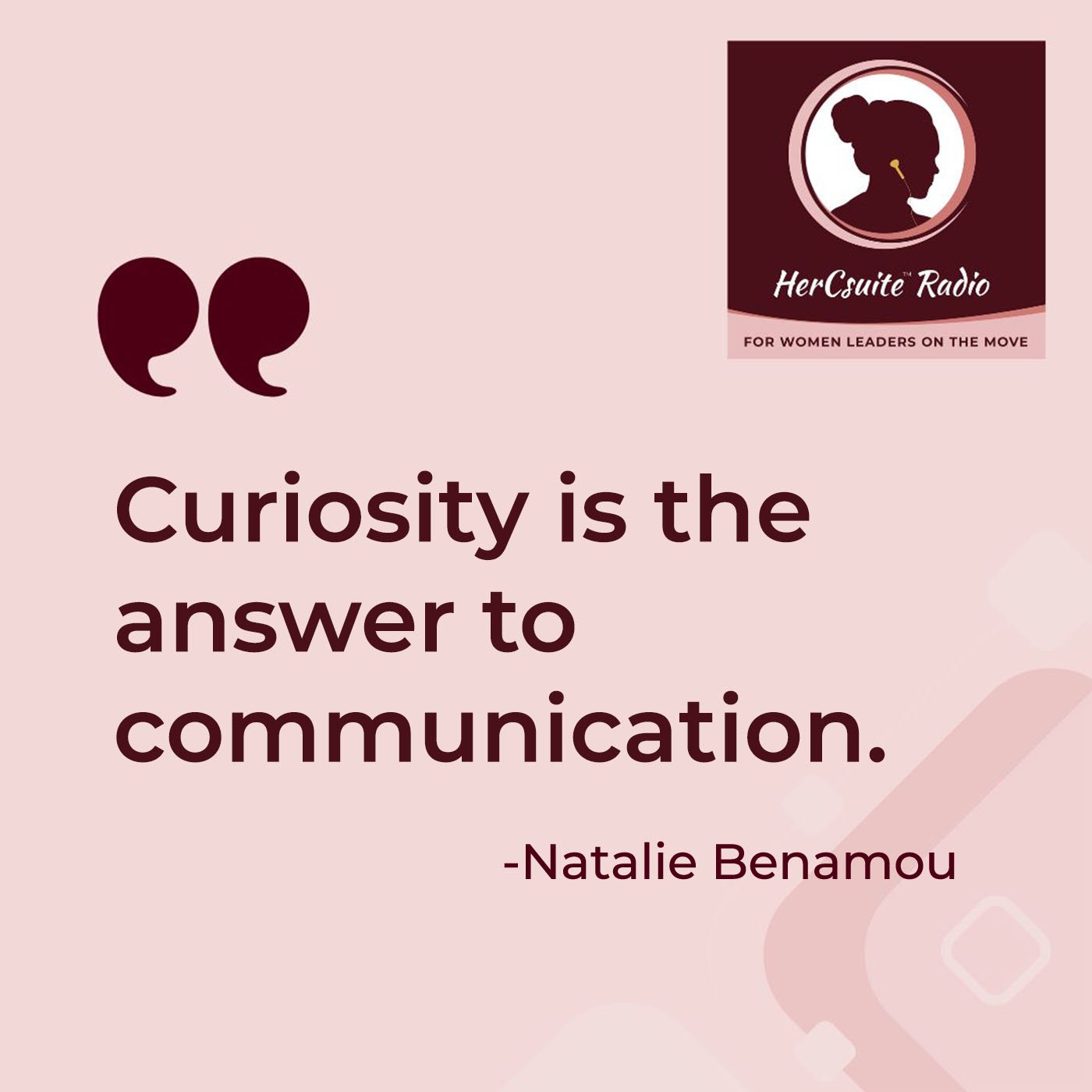


That is why I tell people, “It is not because of your right or it is not necessary. It is not in spite of. It is with.” One of the things is breaking the ego defense. It is a natural phenomenon in all humans. Our brain’s natural setting is it needs to be correct. Whenever it hears information contrary to what it has come to believe is the fact, it throws up reasons why it is correct immediately. That is what it does. That is its design.
There was a biological reason for that at one point. In our lives where we are, it is no longer helpful. We have to learn to overcome it. I hear from people all the time, “I never thought about it. You are right. The second I read something, my brain is a no, and here is why.” What you need to learn to do is when someone tells you something, perhaps it is like, “I don't feel included with this. I need this,” and if that is contrary to what you need. It is like, “I need you to change this because of this. We should change this because of this.”
Instead of responding with reasons why they are wrong, respond with curiosity and say, “Tell me more about that. The same thing to communication because you have different diagnoses, where it is very common for the person to be very blunt as part of their diagnoses. They could say something a little awkward to you. It felt hostile but it was not meant that way.



It is not on them. You do need to be mindful as well. I want to be clear that I give a lot of importance to owning responsibility. You also need to be inclusive of them and respond with a lack of ego and curiosity. Instead, say, “Tell me more about that. Can you explain that to me?” You can understand better what they are communicating to you. That is number one.
Number two, understand. If someone tells you something is not inclusive, that is not a question. You don't get to argue with it. That is a statement. They are telling you this is not inclusive. It needs to be fixed. You might have been trying hard and put a lot of effort into it but you missed something. That is okay. I still miss something. I want to be clear. I work in this. Everybody I know who works in inclusion will still miss things. It is okay. This is something you have to continually grow with.



Number three, understand the data is there. People’s diversities can be highly successful. Hewlett Packard releases their data from their neurodiversity hiring program. They have a whole program where not only do they hire for diversity, but they cultivate it as it is naturally. They let these people work in whatever way is natural to them. When they did that, production went up over 30%. This is one of their most productive teams.
It does work to let people work in a way that is natural to them. Your way does not matter. The human brain needs to be comfortable. People are more productive, happier, and healthier, which means fewer call outs, better employee satisfaction, better retention, and more productivity, which means innovation, creativity, higher profits, and better customer satisfaction, all the good things, when you let people work naturally to themselves. Finally, make accommodation standard.
We have this long history of making people jump through hoops for things extremely easily. Most accommodations are inexpensive and easy. You may have a list of standard options. I have one. Anybody reading this that wants it, reach out to me directly. I will send it to you and provide that with a fill-in-the-blank because that lets people know we are putting in the effort. We are not going to discriminate against you. We are here for you. Here you go. Make accommodation standard options. When they need an approval process because it is a rare, expensive thing, like you referenced your daughter in school, they needed to put in ramps.
They are never going to come around. I wish they would.
There is no hope for them.
I'm very biased. If people want to know more, you can reach out to me. I have stories.
We are going to circle back to this later. You and I are going to reach out to that school anyway. If it is expensive, it is reasonable to ask for documentation and have a little bit of a process but make it friendly and something that the person understands you want to help them. That is the goal. The goal is not to find a way out of it. It is to help them. These are things and basic courtesy if you think about it. Be a good human. If you are in leadership or HR, your whole job is human. Be good at your job.



I always say, “Kindness is free. It doesn't cost you anything.” It is good business and all the things, profit and innovation. I have data to back all of that up. Anybody who wants it can also reach out. We breed as a human race. People say, “It is getting this way.” I don't know if it is getting this way. I feel like we have always gotten this way. We are naturally self-serving for a biological reason. At one point, we had to make sure we were staying alive. That is not a thing anymore. We've got to grow past that and understand we have decided to be symbiotic humans and have societies together. That means we need to work together. You are part of inclusion, but you are not the only one that matters.
You are part of inclusion but you are not the only one that matters. Share on XWe will continue this conversation. I find this so fascinating. For people that want to know more about you and all the amazing things you are doing, where can they go to find you?
In LinkedIn, first of all. I eat, live and breathe on LinkedIn. I'm one of two Katherine McCords with this name spelling. I'm easy to find. KMcCordSpeaking.com is my speaker website. TitanManagementUSA.com is my company website.
It has been so educational for me to learn all the things with you. I enjoyed it. I can't wait for our readers to read this, start the conversation about it, and be curious. I love curiosity. It is the answer to communication.
Yes to inclusion, communication issues, and responding to curiosity. Thank you so much for having me.
Thank you.
Important Links
- Katherine McCord on LinkedIn
- KMcCordSpeaking.com
- TitanManagementUSA.com
- https://www.CareerLaunchLive.com
About Katherine McCord



Katherine McCord, a physically and neurodiverse woman herself, built her career on inclusive innovation in People Operations and HR Tech. She lives by the motto that different is not a deficit.
In 2014 she founded Titan Management, a national people operations consulting firm, and then in 2021 she shook up HR Tech by designing the first ever fully accessible, anti-bias Applicant Tracking System plugin that fires the resume and showcases company diversity!
Featured at Web Summit, HR Disruptor, SHRM, and London School of Business, she makes an energetic, interactive, education-based speaker who always brings some spice!
Natalie Benamou
Founder, CEO
HerPower2, Inc, | CGO HerCsuite™ | Podcast Host HerCsuite™
Natalie founded Herpower2, inc. to create products under HerCsuite™ to empower women to make a lasting impact today and into the future. She takes a ‘serve first’ approach to life and has applied this principle throughout her career, serving in leadership positions in business as well as non-profit organizations.
Share this story:
HerCsuite® is an official product of HerPower2 Inc. | all rights reserved – Privacy Policy – Terms & Conditions

